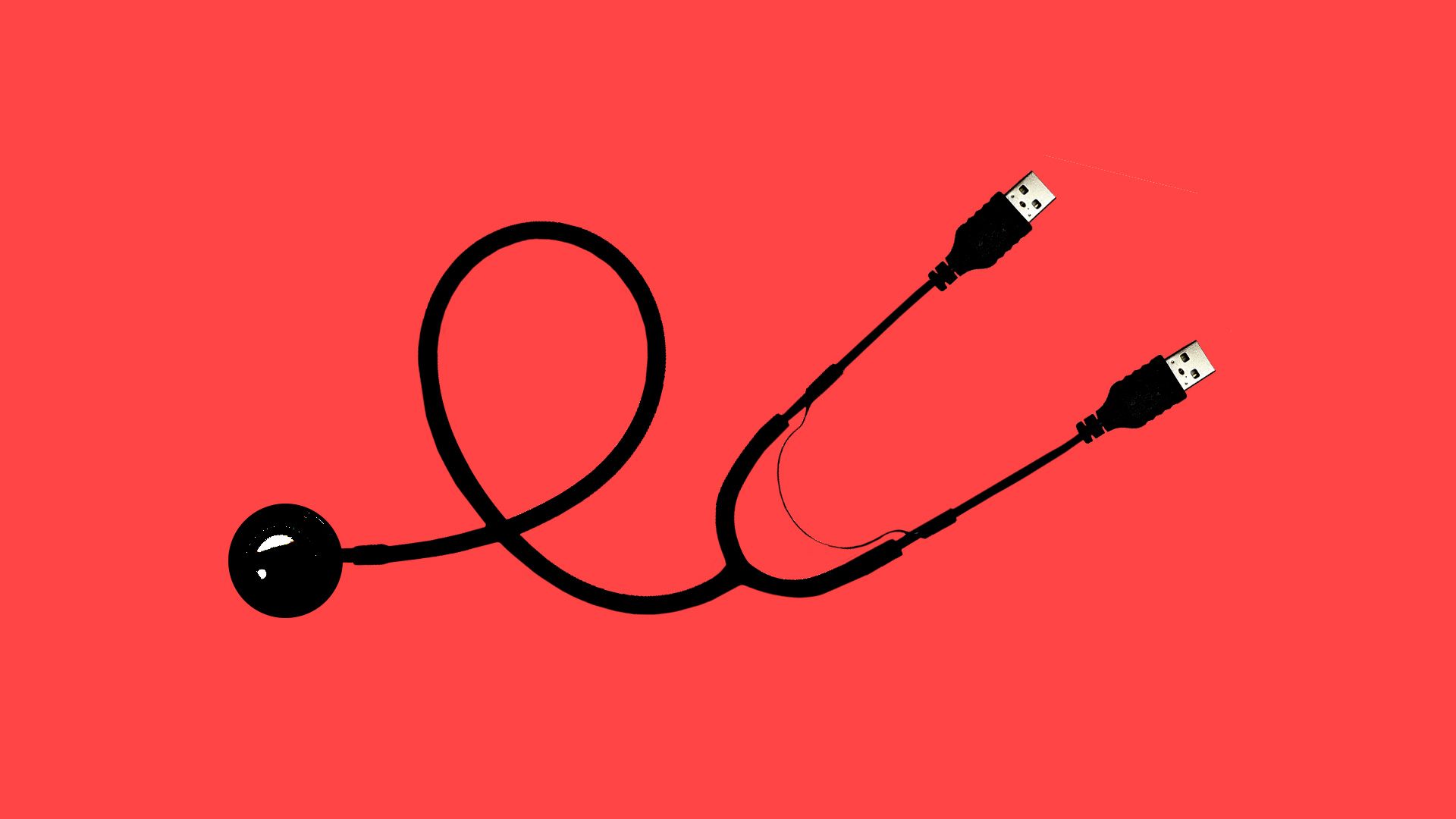Mar 18, 2020 - Health
Medicare issues new telehealth flexibility amid coronavirus crisis
Add Axios as your preferred source to
see more of our stories on Google.

Illustration: Rebecca Zisser/Axios
Add Axios as your preferred source to
see more of our stories on Google.

Illustration: Rebecca Zisser/Axios